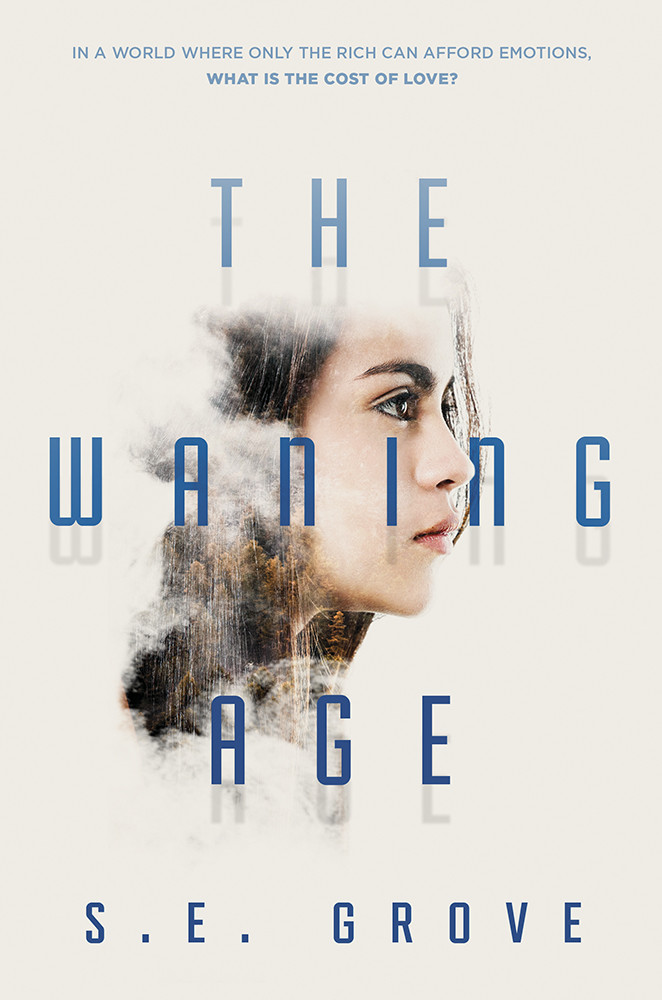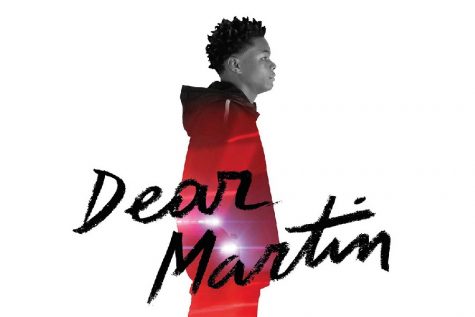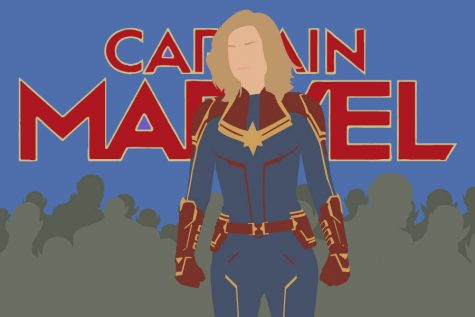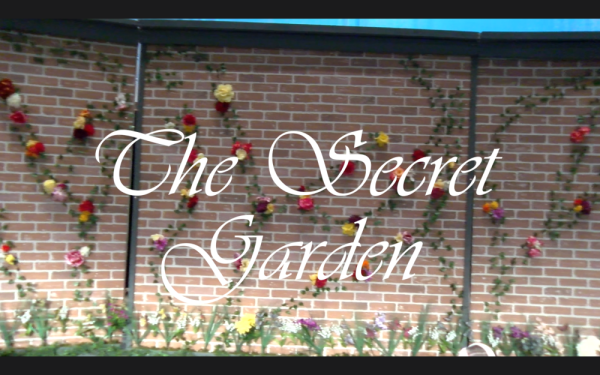Book review: “The Waning Age” is a lackluster novel about emotion
The disappointing fourth novel by S.E. Grove is a drab, unexceptional read that doesn’t meet the potential of its premise.

Emotions. It goes without saying that our emotions, our inner feelings and our sensations, are a main proprietor in making us who we are. We use them during every moment of our life, whether they be the stronger ones you feel in a more pointed situation or feeling more tepid emotions in a casual scenario. Simply put, these emotions are what form our identity and keep us human. With that being said, being turned into a flat, unfeeling robot-like figure is quite the harrowing situation, no matter how much of a fantasy it may seem. It is this said idea that is encompassed in S.E. Grove’s “The Waning Age,” published early last month.
Set in the present day, the world has fallen to “waning,” the act of all emotions dissipating naturally at a young age. The only way to feel anything is to have it bought and paid for from RealCorp, who sells emotion for obscenely high prices that cater to the rich. Natalia Peña, a teenager who has already waned, is forced to embark on a rescue mission after her 10-year-old brother Calvino, who still inexplicably feels strong emotions, is kidnapped by RealCorp.
I was disappointed, to say the least. If you’re foreign to the realist-dystopia genre which the novel presides in, these types of stories follow a world that could be identical to ours sans for a game-changing twist on society. This twist is generally played upon a common subject matter, hence the fixation on emotion in “The Waning Age.” What I’ve come to expect from these dystopia novels is a compelling portrayal of society combined with juicy discussions on the topic at hand. These books also have, from the example works I’ve immersed myself into, an engrossing story and characters to follow. Alas, “The Waning Age” has all of the aforementioned goods but without the memorability factor and unique story.
“The Waning Age” has all of the aforementioned goods but without the memorability factor and unique story.
Let’s start with the positives. Grove’s worldbuilding and her descriptions of society are excellent. It’s a world like our own, but not like our own in an innumerable number of ways. Written from the viewpoint of Natalia, the author puts it up to the readers to notice the small tidbits of society that are different in this strange alternate universe. I was drawn in and constantly engaged in the smaller details of her world and the various facets of it as Natalia traversed through the landscape. At the same time, some pieces are outright stated, like the issues of the rich vs the poor, or the divide in attitudes throughout the population. These issues exist in the real world, but with the waning aspect added to the forefront, they feel richer and more thought-provoking. This mishmash of punctual everyday observations of Grove’s world with the provocative discussion on how real-world issues would function in a backdrop without emotions is fantastic.
Another intriguing aspect is the actual issue of emotion. Grove goes deep in depth in discussing all of the bits and pieces of the matter, and how living without it can lead to dire changes to a person on an individual level. Case in point, there are several times in the story where Natalia has a flashback to an event where she was feeling an emotion of sorts as a child, but she cannot in any way remember the exact sensory characteristics of it. This creates a gaping, unending hole in her mind; she wants to feel something, but simply can’t, no matter how hard she tries to wrap her brain around it. Likewise, the analysis of the matter flows naturally throughout the story; instead of info dumping arguments on the nature of emotion in ample quantities, Grove interweaves the ongoing analyzation through discussions between characters, essays written by Calvino and through the occasional old-fashioned exposition from Natalia.
[The] storyline is chock-full of shameless tropes that overwhelm any truly original parts of the tale.
“The Waning Age” goes head over heels in its storyline. It’s so chock-full of shameless tropes that overwhelm any truly original parts of the tale. RealCorp, the corporate organization who kidnaps Calvino, is depicted one-dimensionally. All they desire is consumerism to keep their brand afloat, and are willing to resort to anything and everything to keep this up. I was expecting a sizeable twist to occur at the end which shows their true, ulterior motives, but there aren’t any. They are evil and want money; it’s as simple as that. In another recurring storyline, Natalia is hunted by the “Fish,” a widespread crime mafia who took the waning for granted and became ruthless, unmotivated beasts intent on attacking random people. There was potential here, to show how waning affected certain groups over others, but it doesn’t work. The Fish keep popping up in the story at random times, stage a few attacks and then are gone as soon as they entered. Don’t even get me started on the romance subplot with Natalia, which lasts for fewer than 10 pages and is only there because the author felt it necessary to shunt in a romance due to the Young Adult nature of the novel.
Additionally, Natalia herself is very much a “Mary Sue” type of character. Her strengths include a cunning eye for the smallest details, an obstinate disposition to resist authority, her sly ability to come up with plans on the spot and karate skills from previous training sessions. Her weaknesses are her loving family attitude towards Calvino and the long-lasting effect of her waning. The family’s vulnerability is interesting, and it gets into the fundamental difference between emotion and feeling for her family. The waning effect is a problem felt by everybody sans for the rich and young, so it isn’t mutually exclusive to her. Having said that, her strengths considerably outweigh any weaknesses, making her feel too overpowered and generally unrelatable.
The characters range from flat-out bad to wasted potential, with the exception of Calvino. Calvino is a lovable, all-around fascinating persona that you can’t help but get attached to. I couldn’t have asked for a better side character for the story to follow around. But like I said, everyone else feels lacking, from Troy, the confusing romance interest to Joey, her foster brother who should have had way more involvement in the novel, to Officer Gao, a toughened police officer who adds nothing to the plot.
In conclusion, I was let down by “The Waning Age.” Don’t get me wrong, it’s not a “bad” book by all means; there are a plethora of intriguing points in the novel when it full-on digs into the true meaning of emotion and what it can do to people, and it’s a very quick read that bookworms can zoom through in a short amount of time. But altogether, I expected better for a novel with such potential. Grade: C
Your donation will support the student journalists of West High School. Your contribution will allow us to purchase Scholarship Yearbooks, newsroom equipment and cover our annual website hosting costs.

Edward Keen is a senior and this is his second year on staff, where he is Arts Editor. In his free time, he enjoys reading.

















